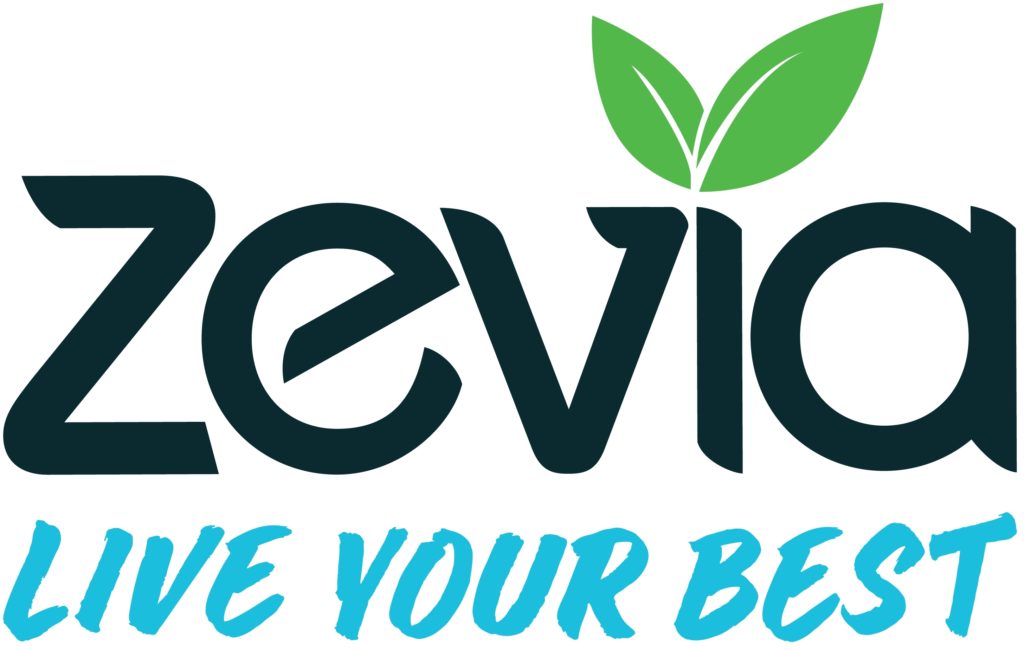Is Zevia the Next Beverage Giant?
An upcoming IPO seeks to kick sugar to the curb: soft drink maker Zevia plans to go public this year. The California-based company makes zero-calorie beverages that use stevia as a natural sweetener.
Last year, the soft drink seller estimated that they held 88% of the market share of zero-calorie, naturally-sweetened sodas. In 2020, Zevia’s alternative Cola made up 24% of the company’s $301 billion in retail sales. Of those sales, 13% came through e-commerce sites like Amazon.com where Zevia was reportedly the top-selling carbonated soft drink brand.
Other Products That Make Up Zevia’s Billion Dollar Corporation

In addition to sodas, Zevia also offers energy drinks, teas, kids’ beverages, sparkling water, and a variety of mixers. With their plant-based ingredients and array of 37 flavors, the company provides considerable options for those with kosher, vegan and gluten-free dietary needs.
There May Be Investment Risks with Zevia
Analysts have highlighted several risks with Zevia as an investment opportunity, such as their reliance on third-party manufacturers, questions on the quality of plant-based sweeteners, and Zevia’s reliance on a single extract supplier. Zevia counters these concerns by emphasizing its focus on ESG—environmental, social, and governance efforts—categories that have increasingly been weighed by investors in determining a company’s material risk and growth opportunities.
What is a Public Benefit Corporation?
Zevia started out as a Public Benefit Corporation (PBC). A PBC is a company that commits some of its profits or resources to supporting a public benefit, in this case related to consumer health. This business type differs from a nonprofit in that it is owned by shareholders who expect the company to make a profit and pay back its dividends to the shareholders. After its IPO, Zevia plans to restructure using what is known as an umbrella partnership C corporation (Up-C), which provides special tax advantages to members of the business.
Umbrella partnership C corporations are not the only business type that can offer tax advantages. Qualified small businesses can also prove to be a profitable investment, since their stock is often exempt from capital gains taxes. The IRS allows qualified small business stock (QSBS) to be sold tax-free, as long as the business meets certain requirements.
Explore the benefits of qualified small business stock on our QSBS Basics page.
This article does not constitute legal or tax advice. Please consult with your legal or tax advisor with respect to your particular circumstance.

